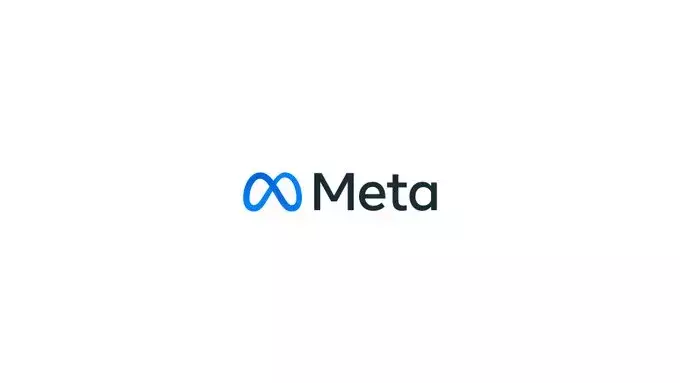In the ever-evolving landscape of social media, platforms like Meta continually update their policies to enhance user transparency and security. Recently, Meta announced changes to its Terms of Service and Community Standards aimed at clarifying the ways users interact with its products. These updates are significant as they bring forth stronger language regarding platform misuse and provide a clearer understanding of how user data is handled.
Key Changes in Terms of Service
The latest revision to Meta’s Terms of Service has introduced a more explicit agreement between users and the company. The updated opening paragraph now unequivocally states that by accessing Meta’s apps, users are consenting to the terms laid out. This modification highlights the importance of user awareness regarding the implicit contract formed upon usage. Users are advised that if they don’t agree with the terms, they should refrain from using the services. This straightforward approach, while seemingly minor, underscores the growing emphasis on user responsibility in a digital environment where terms are often overlooked.
Another critical update pertains to the misuse of Meta’s platforms, specifically addressing the unauthorized scraping of data. The new language explicitly forbids users from accessing or collecting data through automated means without prior consent from Meta. This clause aims to eliminate ambiguities that might have existed in previous terms, especially the notion that being logged in provides a pass to engage in data scraping. In the past, some users attempted to argue that their logged-in status justified their actions; however, the revised terms dismantle this misconception.
As the digital world becomes increasingly concerned about data privacy, Meta’s updated terms reflect a commitment to safeguarding user information. The explicit statements on data scraping and unauthorized access are particularly noteworthy. By clarifying the violations, Meta establishes a more robust stance against potential exploits that could compromise user privacy. In an era where data breaches are prevalent, these distinctions serve both as a warning and as guidance for users about acceptable practices on the platform.
Additionally, the updated terms encompass new qualifiers surrounding the use of avatars and artificial intelligence (AI) features. By affirmatively stating that specific terms govern these elements, the company underscores the importance of user data—even in casual interactions like creating avatars or engaging with AI tools. The mention of potential data sharing with third parties, such as search engines like Google and Bing, emphasizes the operational complexity of AI features. This transparency is crucial, as it informs users of their data’s journey in a world that is increasingly blurred between the private and the public.
In conjunction with the updates to the Terms of Service, Meta has restructured its Community Standards to offer a consolidated reference point across its various platforms, including Facebook, Instagram, Messenger, and Threads. This move reflects an effort to simplify access to the company’s content guidelines and expectations. By merging these documents into a single location, Meta aims to streamline the educational resources available to users regarding acceptable conduct on its platforms.
Although the core content of the Community Standards remains unchanged, the new centralized approach signals Meta’s initiative to make the understanding of these guidelines more user-friendly. In times when online interactions can lead to misunderstandings or conflicts, ensuring that users have clear access to standards of conduct is vital to fostering a safer online community.
Final Thoughts on Meta’s Policy Changes
Meta’s recent updates to its Terms of Service and Community Standards serve to reinforce a culture of transparency and accountability within its ecosystem. While the changes may seem minor at first glance, they reflect significant shifts in how user engagement and data privacy are perceived and articulated. As users navigate this increasingly complex digital landscape, being well-informed about the terms they agree to becomes all the more essential. Meta’s proactive steps in clarifying these policies not only cater to legal requirements but also demonstrate a commitment to user experience and information security.


Leave a Reply